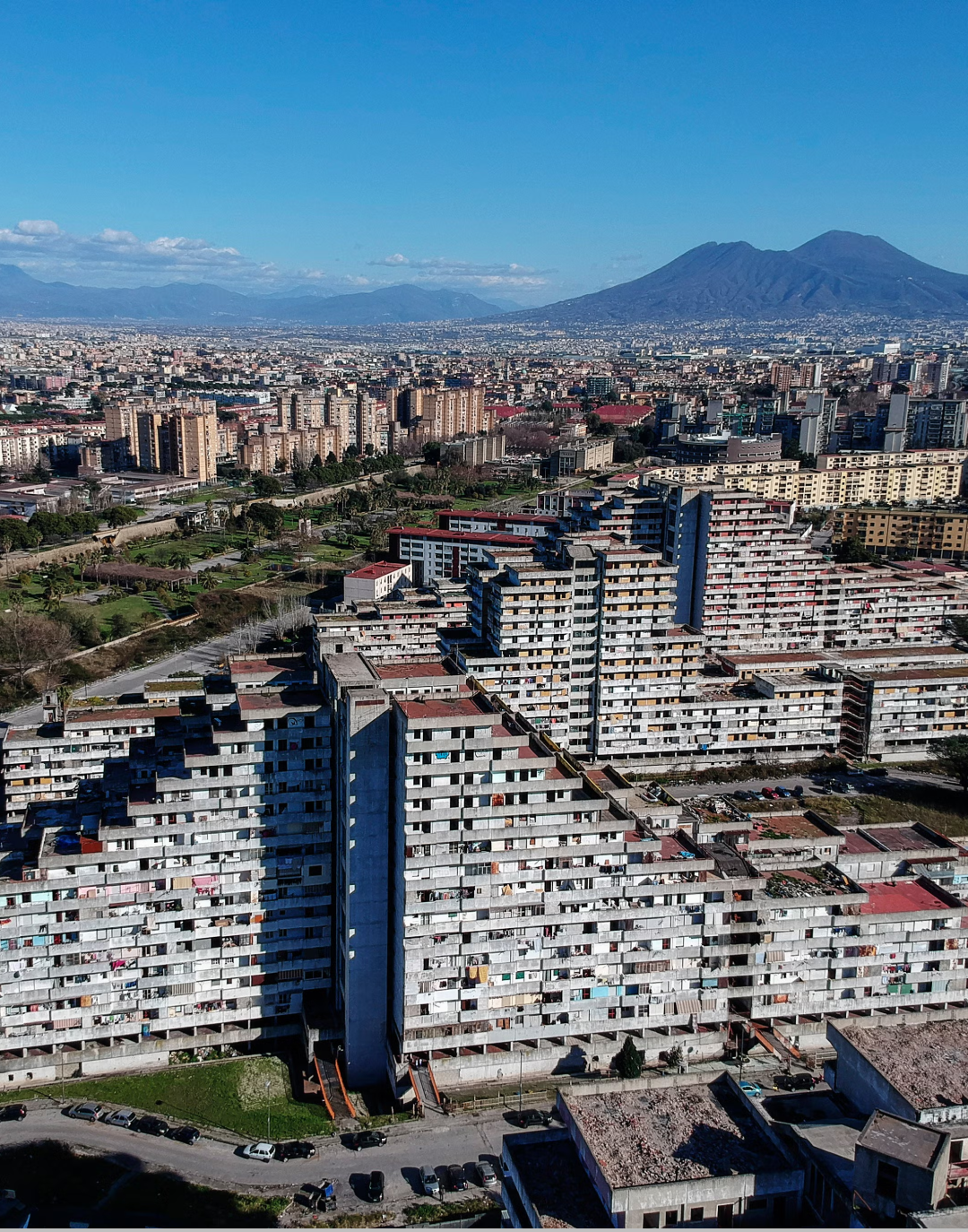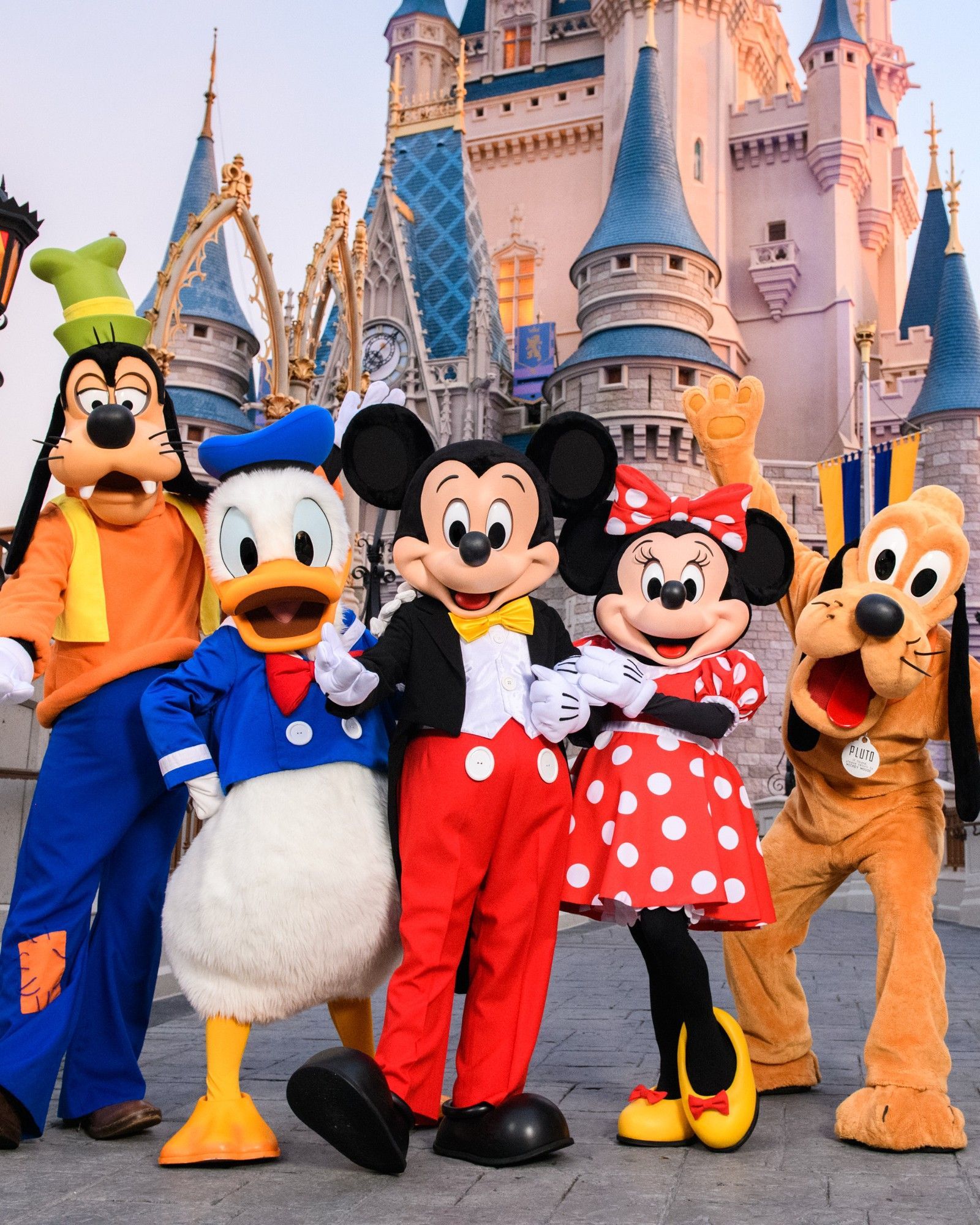
The talent and the political activism of Riz Ahmed The actor and activist has just released his latest project, an LP and an anti-racist short film
These last 12 months have been the turning point for Riz Ahmed. He has just returned from the Berlin Film Festival, where he presented the film Mogul Mowgli, written and starring him, and in the meantime he also released an EP: The Long Goodbye, a breakup album that tells bitterly about his separation from England, addressing the issue of Brexit and denouncing the xenophobia that still survives among the British. The album has strong political content, contains some interludes by Mahershala Ali, Mindy Kaling and the activist Yara Shahidi and comes along with an anti-racist short film written by Ahmed himself. A real all-round art project.
For many, the English actor, author and musician, also seen sitting in the front-row of Prada's Menswear FW2020 show, is the star of The Night Of, the miniseries that won him the Emmy for Best Actor for a miniseries or TV movie in 2017, the first given to a Muslim actor. Others have seen it in the latest instalment of the Jason Bourne's saga, in Nightcrawler, as the villain in Venom and in Rogue One: A Star Wars Story, others still remember him for the guest-star role in the last season of Lena Dunham's Girls – a role that earned him his second Emmy.
For many his face is still unknown – once Burberry, in a then-cancelled tweet of 2017, confused him with Dev Patel. The son of Pakistani Muslim immigrants, Ahmed was born and raised in Wembley, England. His story is similar to many others:
Since I was a teenager I have had to play different characters, negotiating the cultural expectations of a Pakistani family, Brit-Asian rudeboy culture, and a scholarship to private school. The fluidity of my own personal identity on any given day was further compounded by the changing labels assigned to Asians in general.
Ahmed has never forgotten his origins. "Auditions taught me to get through airports," he once said with irony (but not too much). He made his debut in 2006 with Michael Winterbottom's The Road to Guantanamo, a documentary film about the true story of three young Britons captured in Afghanistan because they were wrongly believed to be Al-Qaeda militants. The film won the Silver Bear in Berlin, but the festivities were short-lasting: back in London, Ahmed and three other actors were stopped at the airport and interrogated for more than an hour. "Did you become an actor to further the Muslim struggle?" they asked him. The episode became the trigger for his role as a political activist. Thanks to his efforts, he quickly became one of the protagonists of independent English cinema, with titles such as Chris Morris's Four Lions and Mira Nair's The Reluctant Fundamentalist, which opened the Venice Film Festival in 2012.
After some disappointments at home and auditions went wrong, Ahmed moved to Hollywood. And although upon landing in New York there was a scene similar to what had happened to him in London ("Fuck. This was it. No Hollywood for me. I was never gonna be Brad Pitt. I wasn’t even gonna be Apu from the fucking Simpsons."), since then he has come a long way. The Long Goodbye is not his debut in music: in 2006 he debuted the rap single Post 9/11 Blues (censored by many English radio stations due to the "politically sensitive" lyrics). In 2014 he co-founded the hip hop duo Sweat Shop Boys with Heems and his first short film as a director, Daytimer, moved the Sundance Film Festival's audience. His efforts did not take place only in the world of entertainment: in 2017 he published an essay in the book The Good Immigrant.
Its impact was so strong that in 2018 a pair of British doctors, inspired by his speech on integration in the House of Commons, developed a test to assess the representation of Muslims both in film and on television: an attempt to fight Islamophobia and to stimulate discourse on the subject. His public persona is clear: he is an actor-activist, very active on Twitter but always calm and elegant. His red carpet appearances are carefully selected, as well as his outfits, on the border between the classic and the celebration of her own cultural identity. Among his favourite designers are Prada and Dior, but she also loves to support young creative talents, as evidenced by her presence at various British Fashion Council events. During one of those he said:
I used to think that fashion was full of annoyingly good-looking, creative people — I was right.
His art spares no one. As he wrote in his essay Typecast as a terrorist:
I’m not questioning my Britishness, I think the point of the album is that there are some British people who still might.
Just months after the election of UK Prime Minister Boris Johnson and US President Donald Trump, the accompanying short film The Long Goodbye is truly powerful: Ahmed imagines a society ruled by racist extremists that they break into the homes of strangers and execute them without delay. In closing, a short poem, Where Are You From, the same one that opens the album:
They ever ask you / Where you from? / Like, "Where you really from?" / The question seems simple, but the answer's kinda long.
The goal of Riz Ahmed's commitment is, in short, to arrive at a time when he will not necessarily have to interpret a stereotype, but a role unrelated to his ethnicity:
There, my name might even be Dave […]. You are a type, whose face says things before your mouth opens; you are a signifier before you are a person.
Despite the success, he has not yet achieved that goal. Today he will also be a star, but they still stop him at the airport. Not because people don't know who he is, but simply because it's hard to defeat an entire system. That's why he changed his perspective: it may not have been the auditions that taught him how to survive the airport checks, but it was the controls that taught him how to succeed at the hearings.

































































